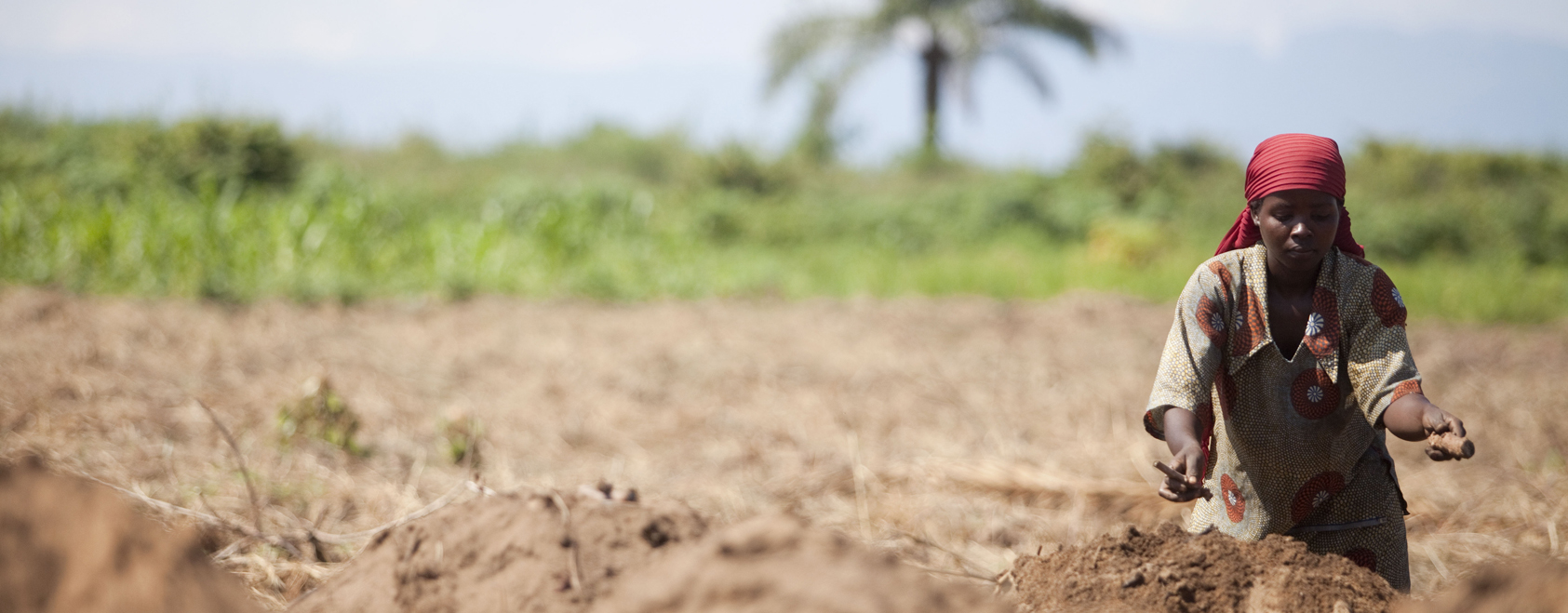
Enhancing national capacities for prevention, preparedness and response to health emergencies through a One Health approach in Burundi
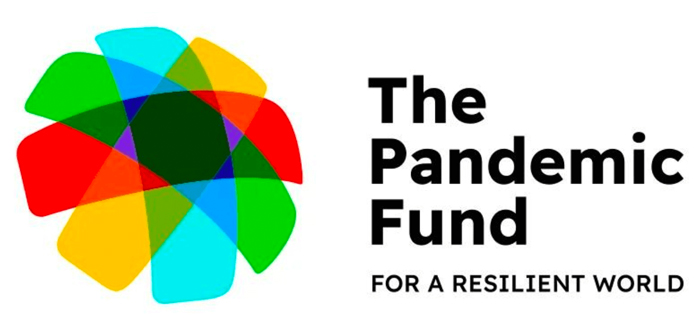
Burundi, grappling with constrained resources and recurring health emergencies, is committed to improving its pandemic preparedness through this initiative. The project focuses on building a robust integrated health system by reinforcing disease surveillance, enhancing laboratory diagnostics, and developing a skilled, multidisciplinary workforce. A community-centric approach under the One Health framework ensures that efforts reach vulnerable populations, aligning health responses with national and international standards for pandemic resilience.
Implementation and key components
FAO, WHO, and UNICEF will act as the Implementing Entities, collaborating closely with the Ministry of Public Health and Fight against AIDS and the Ministry of the Environment, Agriculture, and Livestock of Burundi.
Strengthening surveillance systems
The project will focus on creating an interoperable One Health information system to integrate human, animal, and environmental health data. Key activities include establishing sentinel sites for antimicrobial resistance (AMR) monitoring, training border personnel for cross-border surveillance, and operationalizing community-based disease surveillance mechanisms.
Enhancing laboratory systems
Laboratory capacities will be strengthened by upgrading diagnostic tools, implementing biosafety and biosecurity standards, and providing advanced training on genomic and molecular testing. The project also includes the establishment of a national sample transport network to improve disease diagnosis and response.
Building workforce capacity
Training programs will target health workers across sectors, emphasizing skills in outbreak investigation, AMR management, and integrated epidemiology. A comprehensive capacity-building initiative will ensure a sustained and skilled workforce, particularly in rural and high-risk areas.
Risk communication and community engagement
The project will develop risk communication strategies and establish feedback mechanisms between communities and health authorities. These efforts aim to improve public awareness and engagement in surveillance and response activities.
Expected outcomes
The project will lead to a robust and integrated health system capable of early detection and rapid response to health threats. It is expected to strengthen Burundi’s compliance with the International Health Regulations (2005) by improving its JEE, SPAR, and PVS scores. Through improved surveillance, enhanced laboratory diagnostics, and workforce development, the initiative will contribute to reducing the socio-economic impact of pandemics and epidemics in Burundi.
Implementing Entities
FAO, UNICEF, WHO
Priority areas
- Early warning and disease surveillance systems
- Laboratory systems
- Human resources/public health and community workforce capacity
Total budget
USD 22,439,316
Total co-financing
(in kind and cash)
USD 10,212,920
Total co-investment
(in kind and cash)
USD 4,306,417
Find out more
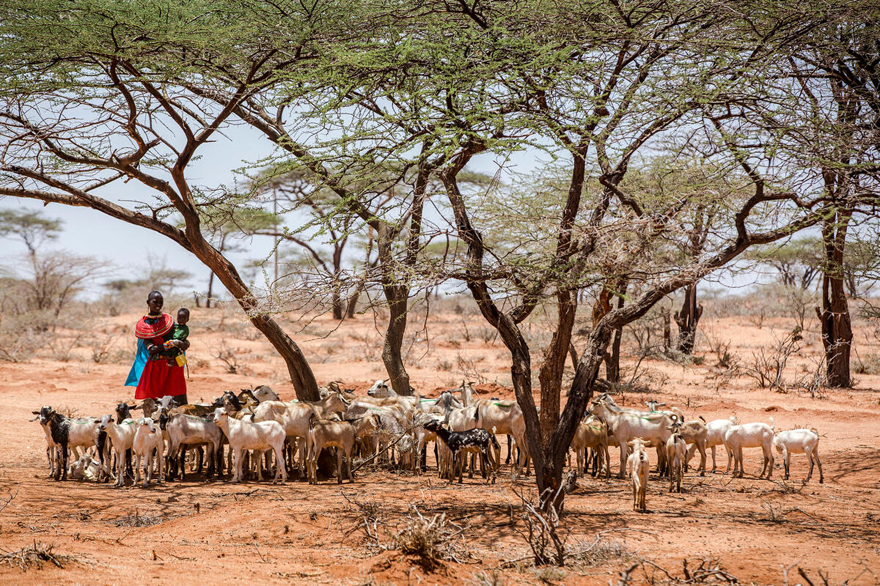
Projects
The Pandemic Fund
FAO is co-leading the implementation of 32 Pandemic Fund projects worth over USD 165 million aimed to boost local and global health security.
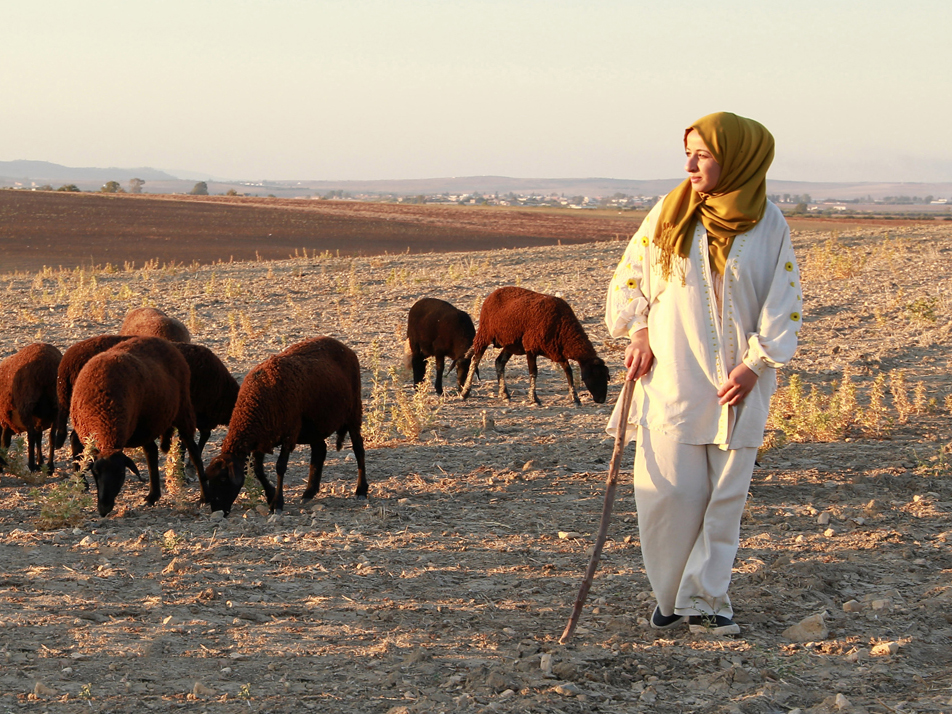
Highlights
Pandemic Fund’s third call for proposals
The Pandemic Fund has announced its third Call for Proposals, with an envelope of USD 500 million to enhance pandemic preparedness and response with a focus in low- and middle-income countries.
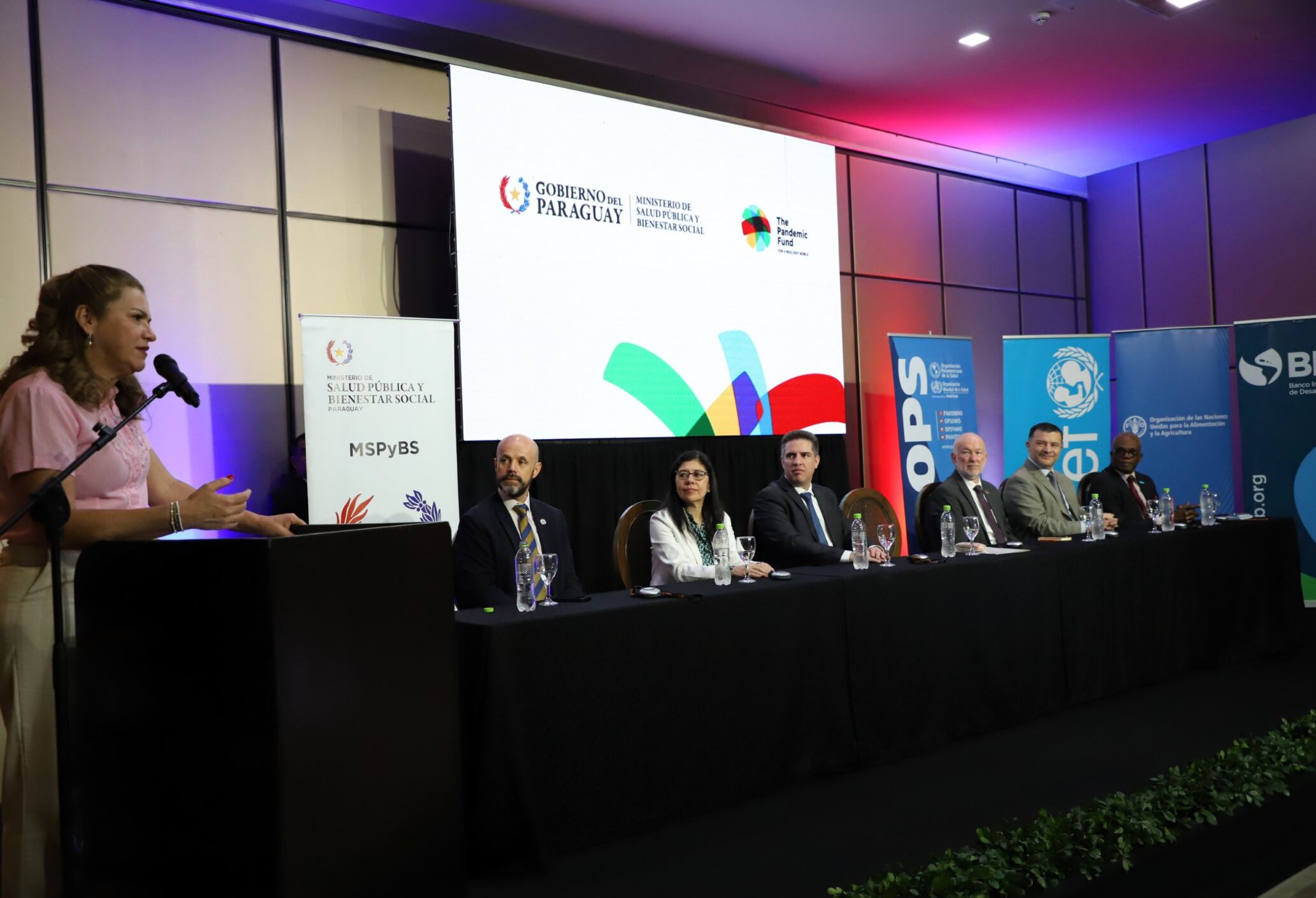
Highlights
Global fight against pandemics gains momentum as projects launch with FAO support
The first of Pandemic Fund projects launched at national level, including Ethiopia, Paraguay, Central Asia countries, and Yemen.
